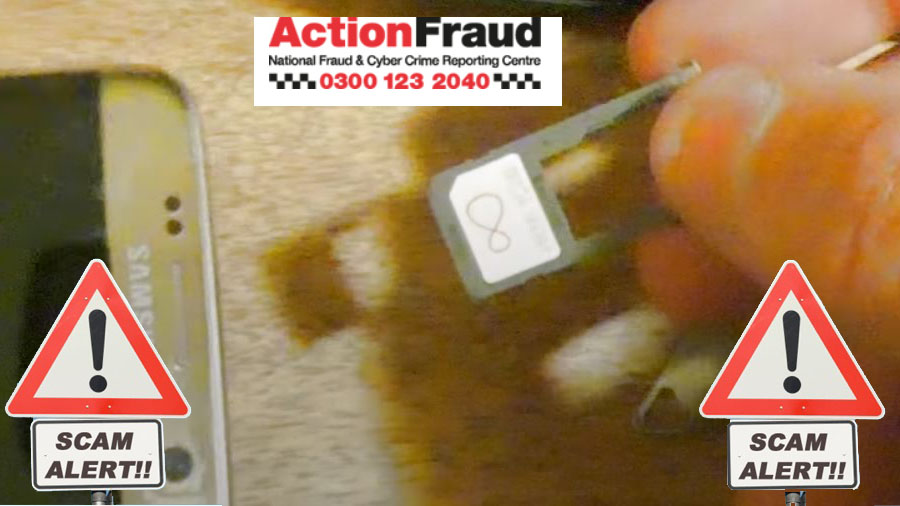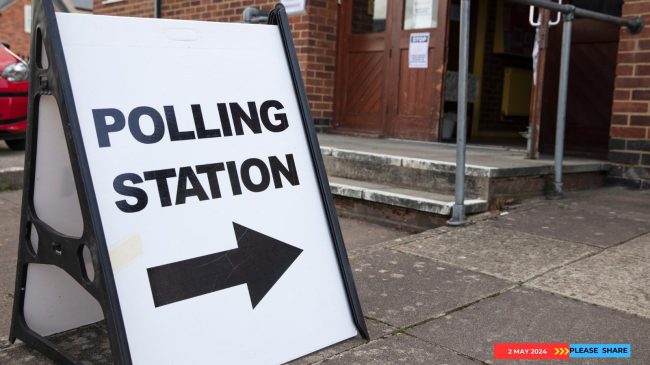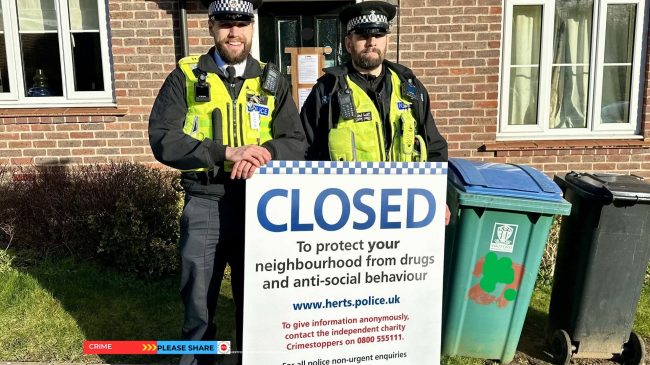Call Scamsters now using cloned numbers
A large increase in cybercrime is spread globally via modern communication technology.
This means that everyone needs to learn how to spot and avoid different types of fraud and cybercrime.
A new emerging tactic used by criminal fraudsters is the ‘spoofing’ (cloning) of telephone numbers used by legitimate organisations such as your local bank, HMRC, local police station, to make victims think the call is genuine. Because looking up the number online will confirm it’s the organisation, even though it’s actually faked.
The fraudster claims to be from that organisation and tries to convince you to do what they say. This means you cannot rely on your Caller ID display to tell you who is calling you.
Protect yourself:
Beware of unexpected phone callers, whoever they claim to be. If in doubt, never divulge personal details over the phone to someone who has called you. The more you say to a fraudster, the more information they have. Don’t be afraid to hang up. Contact friends or family for advice.
Don’t trust your caller ID display. To verify a call, contact the genuine organisation using a number that you have independently researched. But ensure the call has ended and the line has cleared, wait five minutes (Some scammers can simulate the sounds of lines clearing to dupe you into dialling while the line is still live), or make the call via a separate phone line where possible.
Institutions such as HMRC, police and banks will never call you to tell you that you/your money is under investigation; nor would they ever ask you to transfer or hand-over money/assets for such a purpose.
Report all scams online to www.actionfraud.police.uk or call 0300 123 2040 giving as much information as possible.
Armed with this advice, you should feel more confident dealing with telephone calls.










